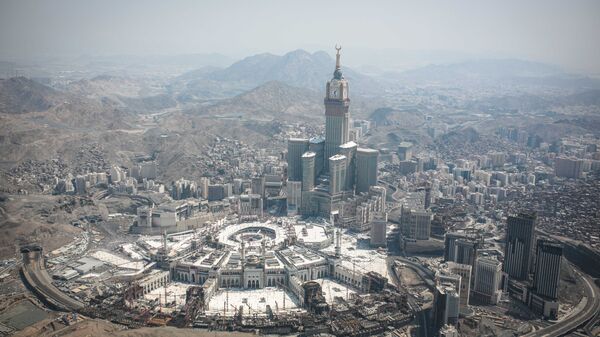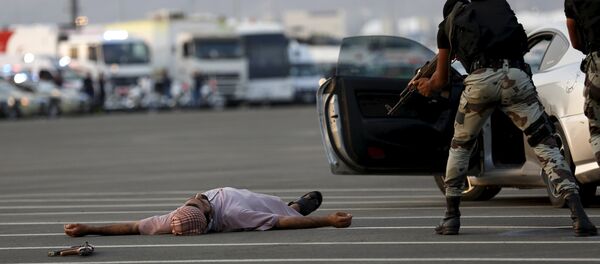After it was revealed earlier this week that Saudi Arabia would chair the key UN Human Rights panel, many were shocked by the inherent hypocrisy behind the decision. Writing for the Daily Beast, Salil Tripathi pointed out that the "Saudi government is unelected and run by one large family, or clan," which "executes prisoners with particular relish, turning their executions into a public spectacle."
Director of the Human Rights Action Center Jack Healey also indicated his surprise.
"In essence, there has to be a human rights council," he told Sputnik. "But the human rights protection will depend upon those who are interested in promoting human rights. And the government of Saudi Arabia has a long history of not allowing human rights activists to monitor in their own country."
One entity not particularly shocked or surprised by Riyadh’s appointment is the US State Department. During a briefing on Tuesday afternoon, Deputy Spokesman Mark Toner revealed the US position during an exchange with Associated Press reporter Matt Lee.
"Again, I don’t have any comment, don’t have any reaction to it," Toner said. "I mean, frankly, it’s – we would welcome it. We’re close allies."
This is, perhaps, an unsurprising position for the United States to take. Washington has a history of overlooking Riyadh’s systemic abuse, precisely because the two countries are such close allies.
"The US loves human-rights-abusing regimes and always has, provided they 'cooperate,'" Glenn Greenwald wrote for the Intercept. "The only time the US government pretends to care in the slightest about human rights abuses is when they’re carried out by 'countries that don’t cooperate.'"
According to Amnesty International, 102 individuals were executed by the Saudi government within the first six months of 2015, most of those by beheading. The Kingdom is also prepared to crucify a 21-year-old for taking part in pro-democracy protests.
"It’s bad enough that Saudi Arabia is a member of the council, but for the UN to go and name the regime as chair of a key panel only pours salt in the wounds for dissidents languishing in Saudi prisons," UN Watch Executive Director Hillel Neuer wrote for his organization’s website.
"I mean, we have an ongoing discussion with them about all these human rights issues, like we do with every country," Toner said on Tuesday. "We make our concerns clear when we do have concerns, but that dialogue continues. But I don’t have anything to point to in terms of progress."
"Change of subject?" the AP reporter asked, mercifully.
"Sure," Toner replied.





